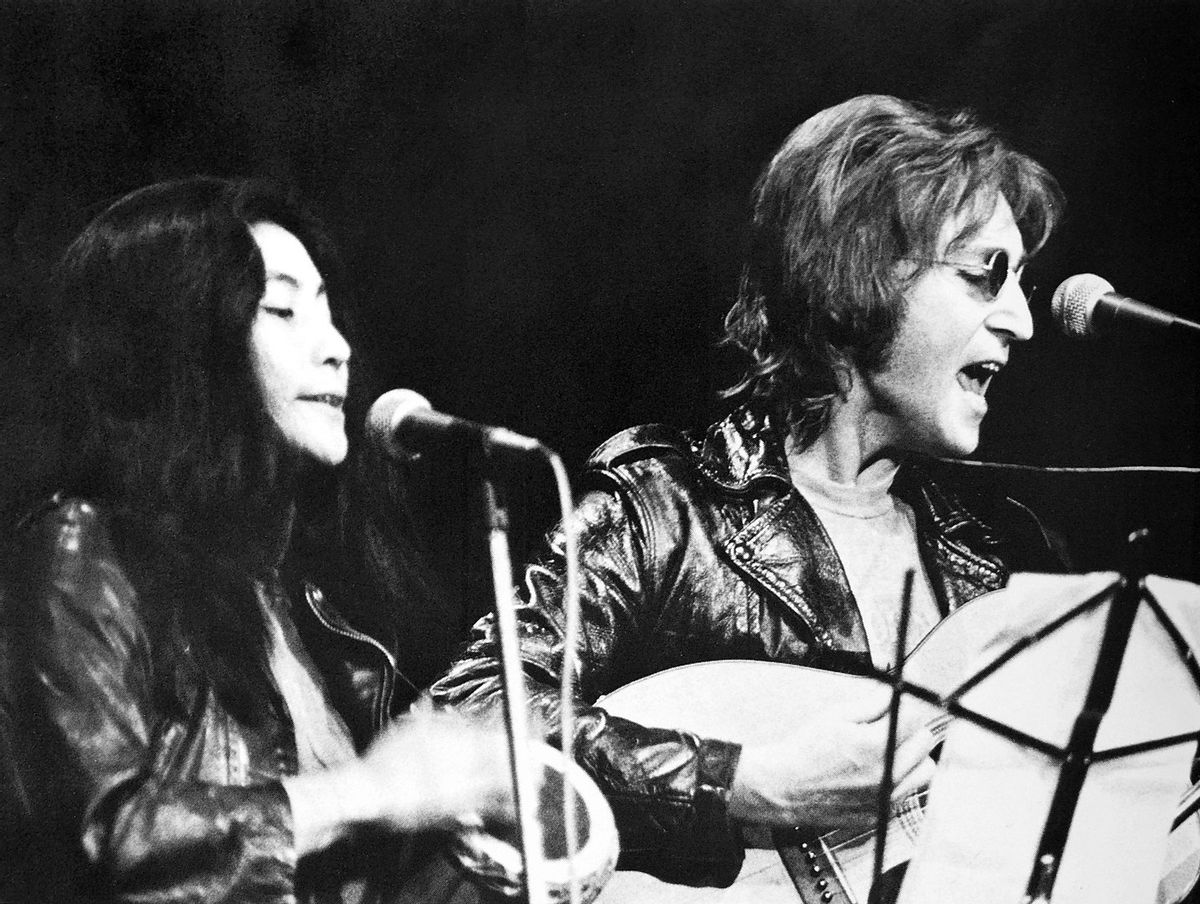While Lennon used those words in his 1980 song “Beautiful Boy,” the phrase did not originate with him. A number of newspapers before that song's release published the phrase without attributing it to Lennon, and several sources that investigate the origin of quotes have attributed it to writer Alan Saunders.
An old life-advice quote often found on mugs and memes has long been misattributed to the Beatles' John Lennon. A number of social media posts claim he was the original source of the saying, "Life is what happens when you are busy making other plans."
" Life is what happens when you're busy making other plans." – John Lennon. Despite everything happening in our country right now, all the pain inflicted by the russian aggressor, we are still making plans. We are moving forward. And if we take a pause, it's for coffee ☕️☺️,to… pic.twitter.com/i4AgRQzeId
— Antonina A.K💙💛NAFO (@antoninaodessa) July 2, 2023
While Lennon did indeed write and sing those words in his 1980 song, "Beautiful Boy (Darling Boy)," they did not originate with him.
In the song, which Lennon wrote for his son with Yoko Ono, he sings: "Before you cross the street, take my hand. Life is what happens to you while you're busy making other plans." The quote can be heard at the 2:10 mark in the below-displayed video:
But someone else used the phrase first. Several newspapers before that song's release published the phrase without attributing Lennon, and several sources that investigate the origin of quotes attributed it to writer Alan Saunders.
According to Quote Investigator, a site that looks into the origin of popular quotes, the first known use of the phrase was in the January 1957 issue of Reader's Digest by Saunders. He was a journalist and cartoonist, known for writing comic strips such as "Mary Worth" and "Steve Roper," according to an Ohio repository of academic research.
Published by the Yale University Press and edited by Fred Shapiro in 2006, "The Yale Book of Quotations," which is a collection of quotations focusing on modern and American phrases, attributed a similar, though slightly different, version of the quote to the same source: Saunders in the January 1957 issue of Reader's Digest. That variation of the quote read, "Life is what happens to us while we are making other plans."
While the quote was often credited to Lennon, the book stated, "this citation considerably predates Lennon's usage."
Several newspapers cite Saunders as the phrase's source, as well. The Daily Standard on Jan. 7, 1957 also attributed it to Saunders. A June 1957 issue of the Denton Record-Chronicle attributed the quote to Saunders and the Publishers Newspaper Syndicate.
However, a number of newspapers did not cite a source for the quote or credited someone else entirely. An April 1957 article by Maude Galusha titled "Echo from the Hills" in Ainsworth Star-Journal ended with the quote unattributed: "[...] and now may I close with this thought: 'It seems that Life is what happens to us while we are making other plans.'"
The Des Moines Register in April 1958 placed the quote under the headline "Earl Wilson says..." And The Boston Globe in April 1958 used the quote without attributing it to anyone.
Additionally, "The Dictionary of Modern Proverbs" — which was also published by the Yale University Press and edited by Shapiro, as well as others — also credited Saunders. That book identified a variation of the quote in a 1957 book, "Bowleg Bill, Seagoing Cowpuncher" by Harold W. Felton. In Felton's book, the quote goes, "It also seems like life, because life is what happens to people while they are hoping for other things, and making other plans."
But it was possible that Saunders, too, was repeating the phrase from an earlier source. A 1956 edition of the Stockton Record Editorial Page — which predated the aforementioned Reader's Digest that both "The Yale Book of Quotations" and Quote Investigator cited as the quote's source, as well as Felton's book — attributed it to the Publishers Newspaper Syndicate without mentioning Saunders. It is possible that Saunders still wrote that quote and was uncredited there.
While the exact origin of the phrase is unknown (several sources believe it was Saunders), we know for a fact that it did not originate with Lennon because there were documented instances of its usage before 1980, which was when his song with the quote was released. For that reason, we rate this claim "Misattributed."

